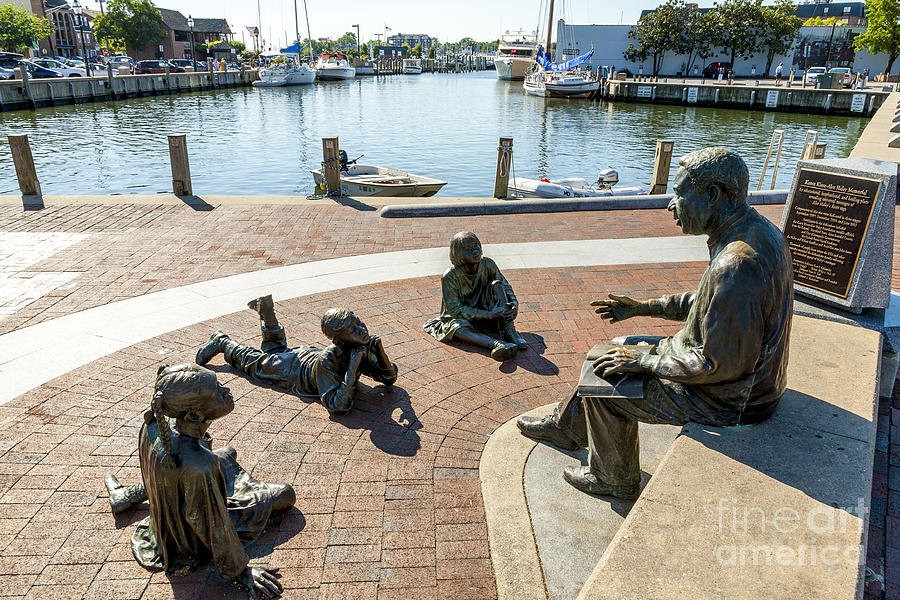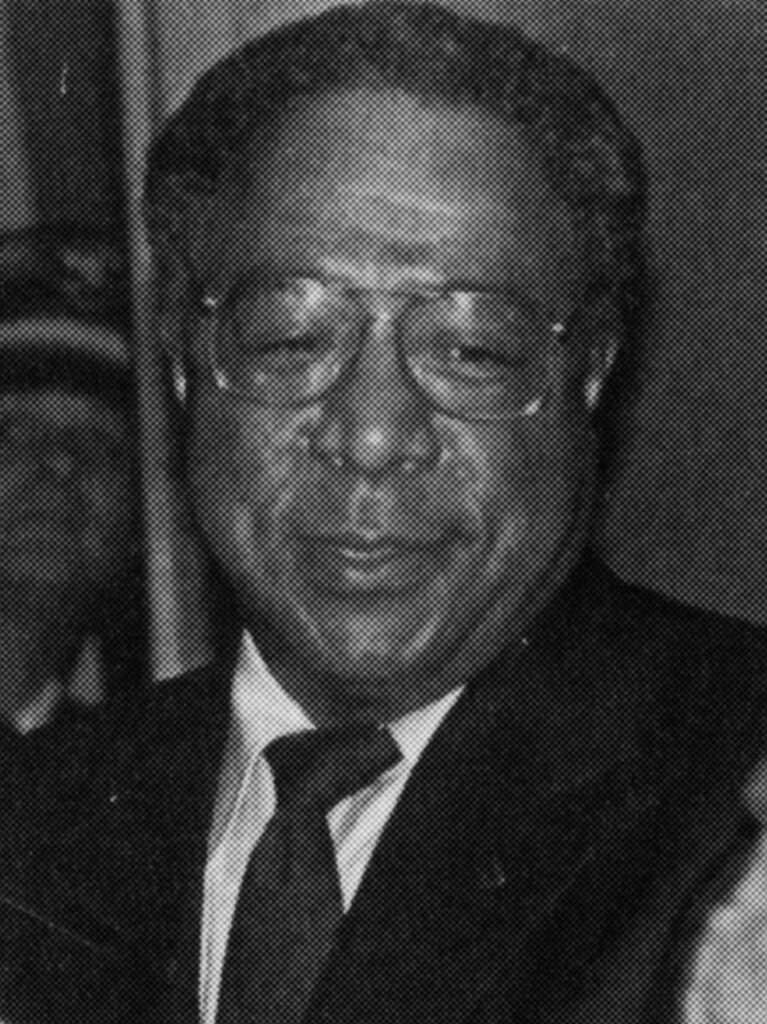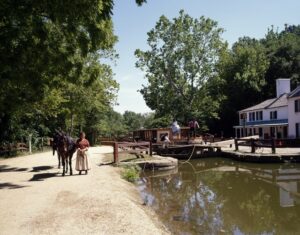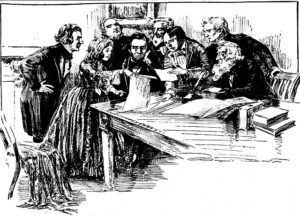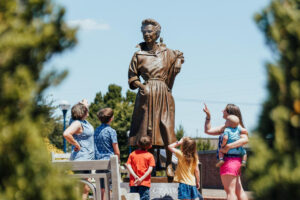Alexander M.P. Haley (1921-1992) stands on the Annapolis wharf where 200 years earlier his ancestor, Kunta Kinte, is brought in chains from Gambia to America in 1767, marking the first time an American traces his roots back to an identified African.
This experience leads to the publication of the book “Roots”, bringing new focus to slavery in the U.S. A groundbreaking miniseries attracts the largest ever TV audience of 130 million viewers.
Born in New York State, Haley lives as a child in Tennessee. After becoming the U.S. Coast Guard’s first chief journalist, he finds work as a writer and interviewer for Readers Digest and Playboy. While interviewing national celebrities, he develops a strong relationship with Malcolm X that leads to his first book, “The Autobiography of Malcolm X.”
In 1976 he publishes “Roots, The Saga of an American Family.” He claims the book is based on a true story told by an African griot. It is translated into 37 languages and wins a special Pulitzer Prize in 1977.
Haley is a major pioneer in bringing the long history of slavery to the forefront of American culture.
